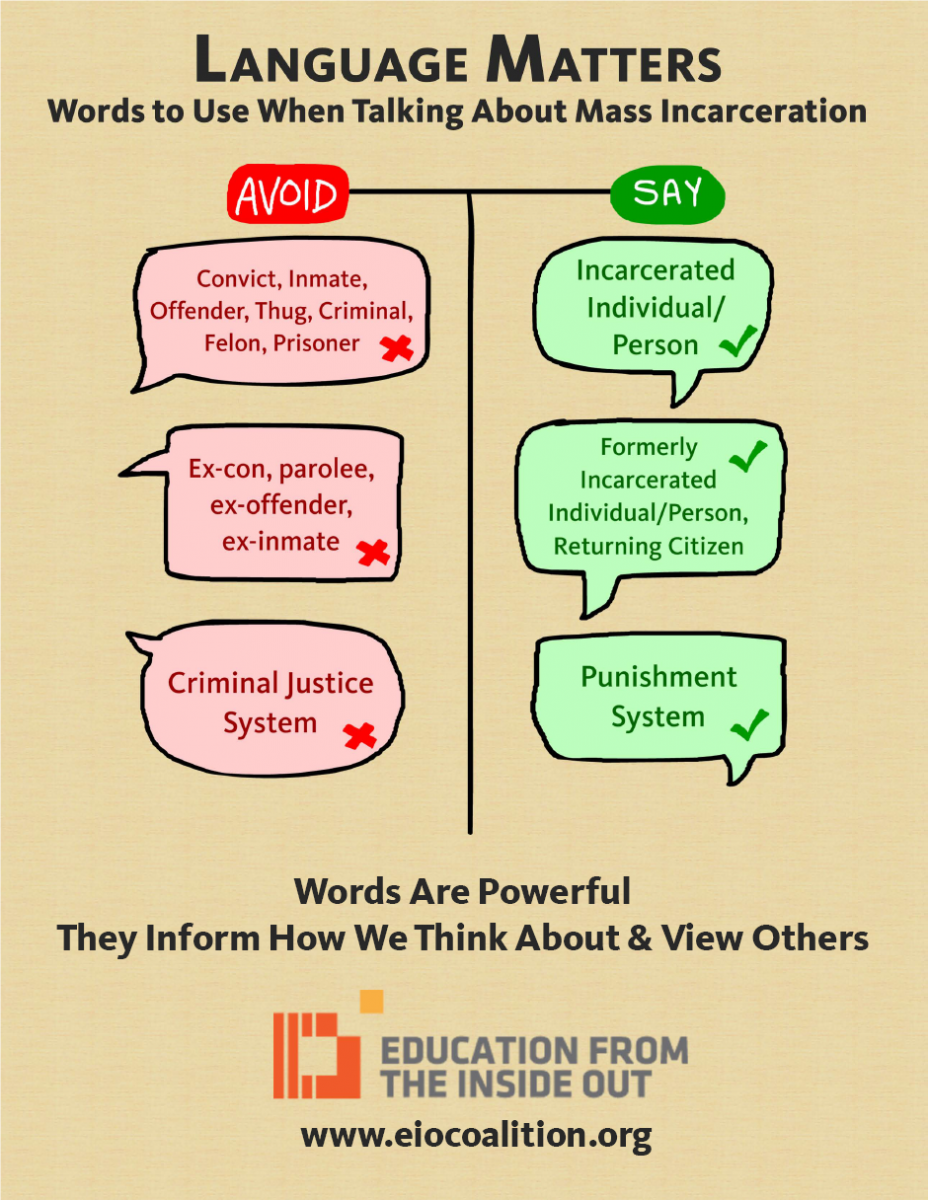I have people contacting me from all over the country. A pastor called me after an interview I had with CBS and told me, "you still look, talk, and smell like a convict." Wow. What does a “convict” smell like? He continued, "You need Jesus in your life. Back in my day, people were ashamed to have gone to prison. You seem proud. That's what's wrong with you young black folks." He even threw in a 5-minute rant to let me know that I was going to hell.
I tried to not let his words dig too deep. I have been told by many on this journey to let the negative comments and hate fall to the side. I agree. I would not have made it from prison cells to PhD and a scientist at Johns Hopkins if I had let all the people who told me, “You can’t,” get the best of me. But, the pastor brought up some points I’d like to unpack
First, I’m not proud to have gone to prison. I would not wish what I went through on my worst of enemies. The trauma I endured. The violence I witnessed. The dehumanizing nature of our criminal justice system inmates suffer.
I am deeply torn, broken, hurt, scarred, and changed by my prison experience. But, also, I grew, improved, learned, endured, battled, fought, strived, and changed for the better through my prison experience. The painful humiliation rang deep in my bones every night from full to new moons. I fell so deep in my shame that my thoughts would take me to places that no one wants to be. I don't want to live in my painful humiliation any more. The psychological damage of prison is one of many collateral consequences that are perpetuated by the words and negative views society shares towards people with criminal convictions.
Most importantly, I am a person with a criminal conviction who spent time in prison. I am not a convict. I am not a felon. These are words used by society and the criminal justice system as a reminder that I am viewed as less than a person, that I am viewed as less than you.
I am a person. These words are dehumanizing, demoralizing, and derogatory, yet they are embedded in the way we talk about people with criminal convictions. We cannot move forward until we leave behind these damaging and stigmatizing words.
To the same respect, clinicians are taught to never refer to a patient as their disease. It is dehumanizing, damaging and stigmatizing. For example, we are taught not say “that cancer patient” and instead to say “the person, who is suffering from cancer”. It reminds us that as humans, we are more similar than we are different. Throughout history, “othering” has repeatedly lead us down a damaging path. As individuals, and as doctors, we can make a difference.
About this series
From Prison Cells to PhD is a series following the journey of Dr. Stanley Andrisse, who was convicted of two felony drug charges and sentenced to 10 years in Missouri prison, and is now a postdoctoral scientist in pediatric endocrinology and trainee leader at Johns Hopkins Medicine.

Thank you, Dr. Andrisse, for bringing a voice to the voiceless, to the otherwise "other" people we acceptably cast aside. In this horrid era of legitimized hate, your voice reminds us that valuing humanity is right. In a time when voices of bigotry are legitimized, your voice breaks the silence of the good people who have yet to speak out.
I'm astonished at what that pastor said to you. If anyone has ever misconstrued your purpose in telling your journey, that's their downfall. I've always seen you as giving a voice to the voiceless. And encouraging the hopeless to have hopes and dreams.
Dr. Andrisse is one of my former students and I could not be more proud of him and what he has accomplished. It breaks my heart that some have seen fit to post negative comments and the words of this pastor are horrifying and disgusting. I watched Stan struggle and work mightily to get where he is today and his success, both personally and professionally, are an example for everyone on what the human spirit can achieve against all odds. Keep up the great work Stan!! Blessings to you and your family!!
Comments are closed.